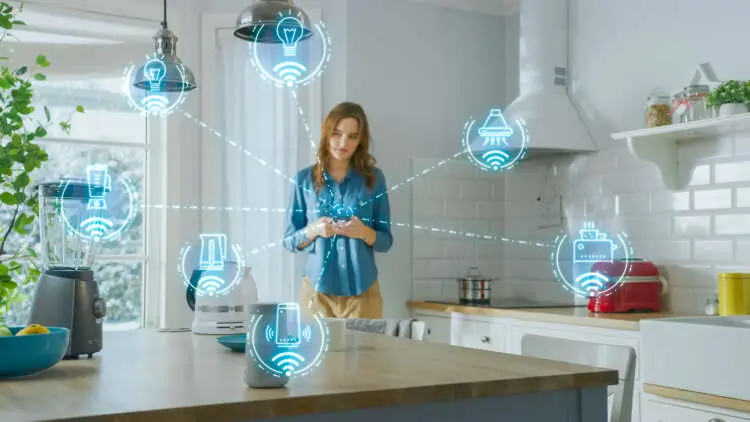
Smart home technologies: enhancing everyday life
The evolution of smart home technologies has ushered in a new era of convenience and efficiency in our daily lives. With the increasing interconnectedness of devices and the rise of the Internet of Things (IoT), modern homes have become smarter and more responsive to our needs. In this comprehensive guide, we delve deeper into the world of smart home technologies, exploring their impact on various aspects of everyday life.
The evolution of smart home technologies
Over the years, smart home technologies have evolved from simple remote-controlled devices to sophisticated systems that can be controlled and monitored remotely via smartphones and voice commands. This evolution has been driven by advancements in wireless connectivity, sensor technology, and artificial intelligence, enabling seamless integration and automation within the home environment.
Enhancing comfort and convenience
Smart home technologies have revolutionized the way we interact with our living spaces, making everyday tasks more convenient and efficient. From adjusting lighting and temperature settings to managing entertainment systems and household appliances, these technologies empower users to customize their environments to suit their preferences with ease.
Maximizing energy efficiency
One of the key benefits of smart home technologies is their ability to optimize energy usage, leading to cost savings and environmental sustainability. Smart thermostats, for example, can learn users’ behavior patterns and adjust heating and cooling settings accordingly, while smart lighting systems can automatically adjust brightness levels based on natural light conditions, reducing energy waste.
Enhancing home security and safety
Smart home security systems offer advanced features such as real-time surveillance, motion detection, and remote monitoring, providing homeowners with peace of mind and deterring potential intruders. Additionally, smart smoke detectors and carbon monoxide sensors can send alerts to users’ smartphones in case of emergencies, allowing for timely response and action.
Personalization and customization
One of the most exciting aspects of smart home technologies is their ability to adapt to individual preferences and lifestyles. Whether it’s setting up personalized lighting scenes, creating custom schedules for household appliances, or integrating voice assistants for hands-free control, these technologies offer endless possibilities for customization and personalization.
Overcoming challenges and concerns
While smart home technologies offer numerous benefits, they also come with challenges and concerns that need to be addressed. These include issues related to data privacy and security, interoperability among different devices and platforms, and the need for reliable internet connectivity for optimal performance.
Looking towards the future
As smart home technologies continue to evolve and become more ubiquitous, we can expect to see further integration and innovation in the years to come. From advancements in voice recognition and artificial intelligence to the proliferation of smart home ecosystems and interoperability standards, the future of smart homes holds immense potential for enhancing everyday life in ways we have yet to imagine.
In conclusion, smart home technologies have transformed the way we live, offering unparalleled convenience, efficiency, and security in our daily lives. By understanding the evolving landscape of smart home technologies and embracing the opportunities they present, individuals can create personalized and connected living spaces that enhance their overall quality of life.


